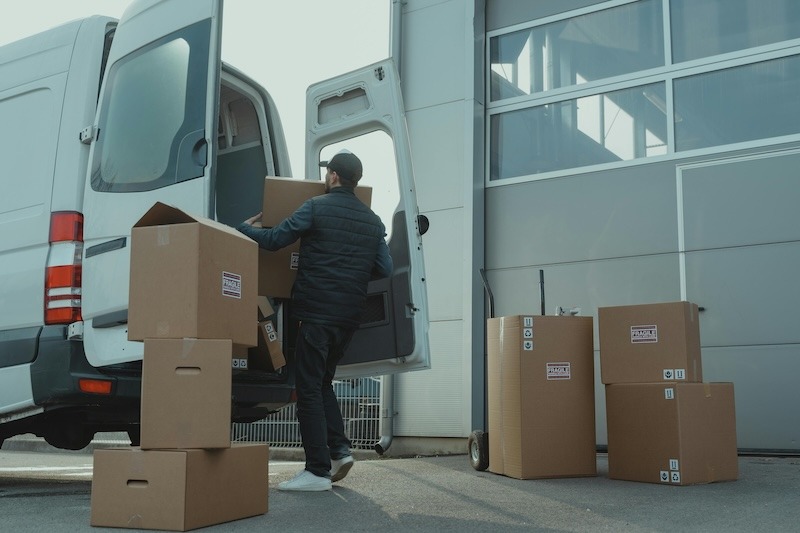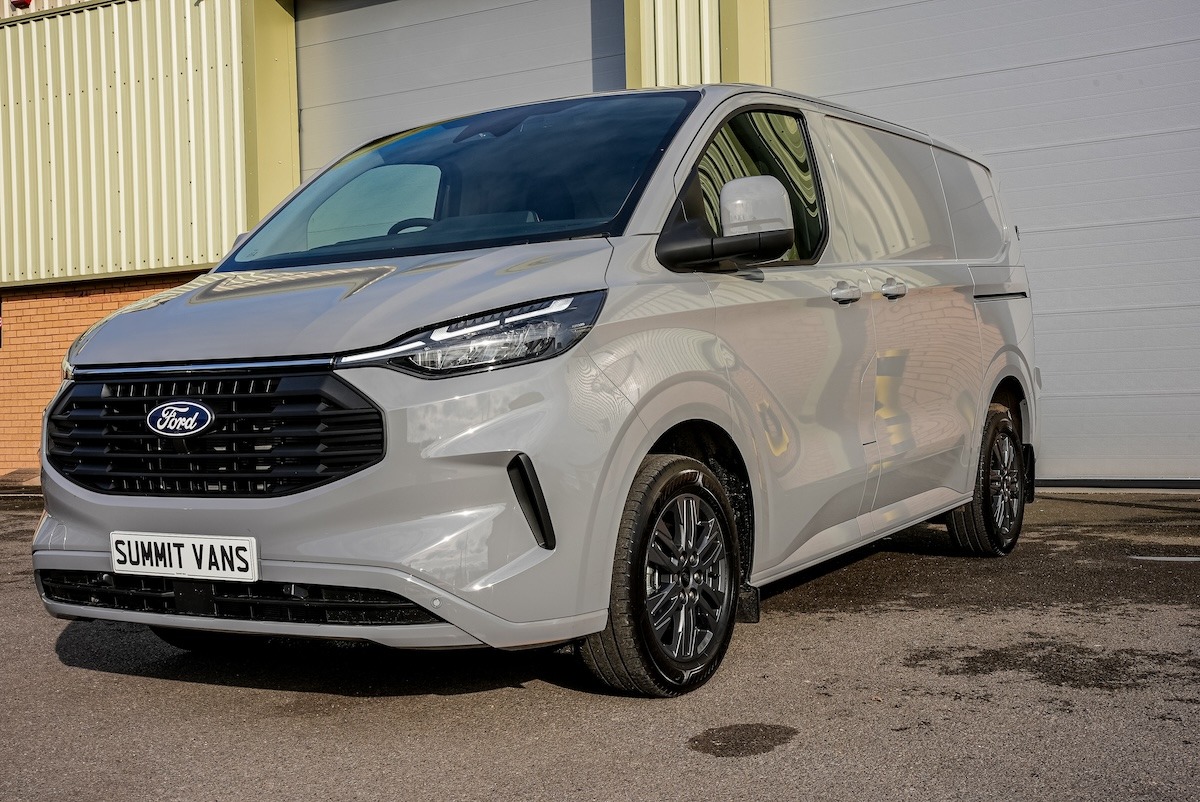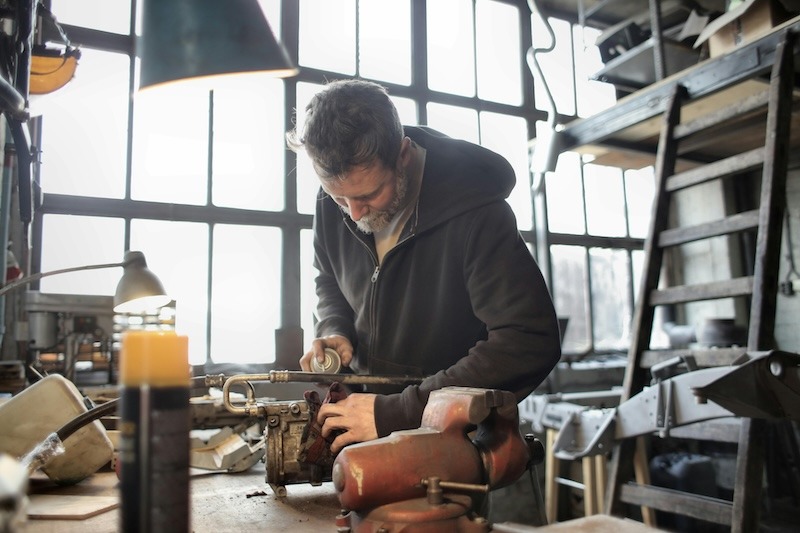If you’re self-employed, and your business requires a van, the best way to buy a van can be a debate. Either way, it’s a crucial decision for your business.
It’ll no doubt be a big outgoing. That’s why it’s crucial to find the right van for your needs – one that aligns with your business operations and ambitions.
From new vans to second-hand vans, and all the leasing deals in between, making the right choice can save you both time and money.
Should You Buy or Lease a Van, When Self Employed?
This is the ongoing debate. One that’ll generate different answers, depending on who and where you’re getting your information from. Both options have their benefits. It’s all down to your individual circumstances, financial situation and long-term plans.

Self Employed Benefits of Buying a Van:
Ownership: When you buy, the van is entirely yours. Once it’s paid off, you won’t have any ongoing monthly payments.
No Restrictions: There are no mileage limits or wear-and-tear clauses to worry about, making it perfect if you expect to use the van heavily.
Tax Relief: If you’re self-employed, you may be able to claim capital allowances on a van purchase, which could reduce your overall tax bill.
However, buying a van can involve a significant upfront cost. New vans tend to depreciate quickly, so a second-hand van might be a smart choice.
Here at Summit Vans, we have plenty of new vehicle deals and several finance options to aid your purchase. We’re also open to part exchange deals!
Self Employed Benefits of Leasing a Van:
Lower Initial Costs: Leasing typically requires a smaller upfront payment compared to buying. This can be a big plus if you’re just starting out or managing a tight budget.
Newer Models: Leasing allows you to drive a new van every few years, avoiding the hassle of maintenance on an aging vehicle.
Predictable Expenses: Since maintenance is often included, your monthly outgoings are predictable, making it easier to budget for your business.
The downside is that you won’t own the van at the end of the lease period, and there may be restrictions on mileage or customisation.
Luckily, we offer a range of flexible financing options like hire purchase or contract hire to help keep your business moving!
What to Look for When Buying a Second-Hand Van
Buying a second-hand van is a great way to reduce your costs while still getting a reliable vehicle. Many used vans are in good condition and can be purchased for a fraction of the price of a new model.

Tips for Buying a Used Van:
- Check the Service History: A full service history can give you confidence that the van has been well maintained.
- Inspect for Wear & Tear: Look for any signs of damage, particularly rust, as repairs could add to your costs.
- Consider Mileage: A high-mileage van may be cheaper but could require more frequent maintenance, so weigh the savings against potential repair costs.
Many dealerships offer warranties on second-hand vans, giving you extra peace of mind. For instance, at Summit, we offer at a minimum of 6 months warranty, as well as 10 months M.O.T, plus a free health check!
Consider Running Costs
Beyond the upfront costs, without stating the obvious, you have to think about the day-to-day running costs of your van.
Maintenance: Factor in regular servicing and repairs. If you buy a used van, you might need to spend more on upkeep.
Fuel Efficiency: Diesel vans are generally more fuel-efficient for long-distance driving, but electric vans are becoming a more popular choice, especially in cities where emissions rules are stricter.
We Understand Why a Van Is So Essential for Self-Employed Workers
A van is more than just a vehicle. It’s an essential part of the business. Whether you’re a builder, plumber, electrician, or delivery driver, a van is: increased storage space, the mobility and flexibility to take on more jobs across a wider geographical area, a branding promotional tool, and a reflection of your business’s image.

What’s the Best Option for You?
Ultimately, the best way to buy a van when you’re self-employed will depend on your individual business needs and financial situation. If you can afford the upfront cost and want full ownership, buying a van (especially a second-hand one) can be a smart long-term investment. On the other hand, if you prefer predictable monthly costs and newer models, leasing might be a better option.
Whatever your decision, Summit Vans has got the people and products to assist in your decisions. Just get in touch!
